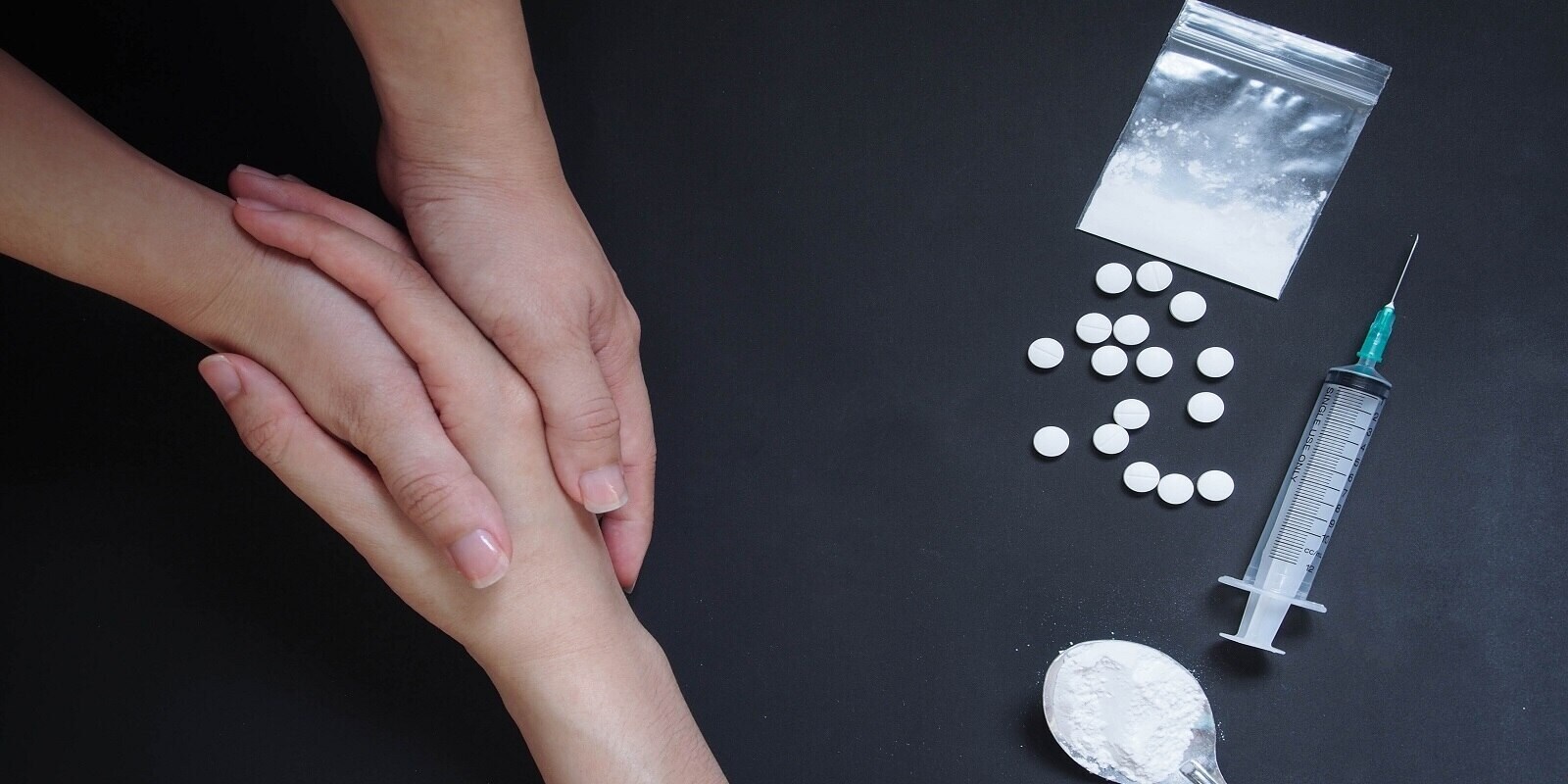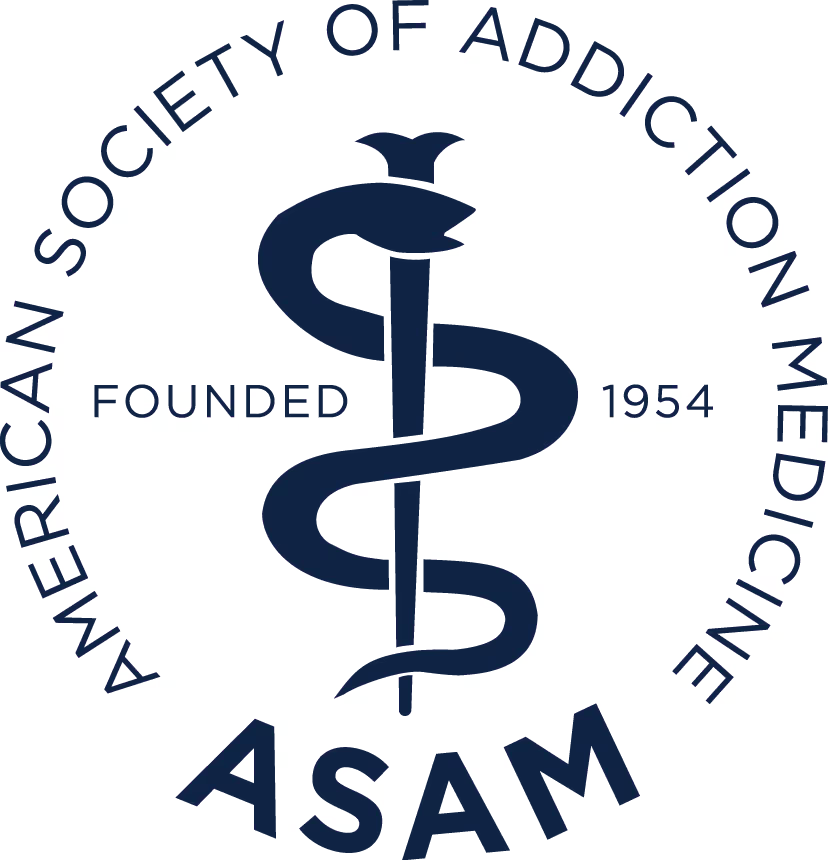What Is Drug Rehab?
Drug rehab refers to the process of medical or psychotherapeutic treatment for dependency on psychoactive substances, such as alcohol, prescription drugs, and illegal drugs. The goal is to help individuals stop compulsive drug seeking and use. Treatment can be inpatient or outpatient and often involves a combination of therapies, support groups, and medical care.
Types of Drug Rehab Programs
1. Inpatient Rehab
Inpatient rehab requires individuals to reside at the treatment facility. This immersive environment provides 24/7 care and is ideal for those with severe addiction or co-occurring mental health disorders.
2. Outpatient Rehab
Outpatient rehab allows individuals to live at home while attending treatment sessions. This option offers flexibility and is suitable for those with less severe addiction or strong support systems.
3. Detoxification
Detox is the first step in many rehab programs, focusing on safely managing withdrawal symptoms when someone stops using drugs. Medical supervision is often necessary during this phase.
4. Dual Diagnosis Treatment
Many individuals with substance use disorders also have mental health issues. Dual diagnosis treatment addresses both conditions simultaneously, improving the chances of successful recovery.
Choosing the Right Drug Rehab Center
Selecting a drug rehab center is a critical decision. Consider the following factors:
- Accreditation and Licensing: Ensure the facility is accredited by recognized organizations and licensed by state authorities.
- Treatment Methods: Look for centers that offer evidence-based therapies, such as Cognitive Behavioral Therapy (CBT) and Dialectical Behavior Therapy (DBT).
- Aftercare Support: Effective rehab centers provide aftercare services to help individuals maintain sobriety post-treatment.
- Insurance and Cost: Verify if the center accepts your insurance and understand the costs involved.
The Recovery Process
The recovery journey typically involves:
- Assessment: Evaluating the individual's substance use and mental health history.
- Detoxification: Clearing the body of substances under medical supervision.
- Therapy and Counseling: Engaging in individual and group therapies to address underlying issues.
- Aftercare Planning: Developing a plan for continued support after treatment ends.
Regal Treatment: A Case Study
Located in Southern California, Regal Treatment offers a comprehensive drug rehab program that includes:
- Residential Treatment: Providing a structured environment for healing.
- Dual Diagnosis Treatment: Addressing both addiction and mental health issues.
- Medication-Assisted Treatment (MAT): Using FDA-approved medications to support recovery.
- Executive Rehab: Tailored programs for professionals seeking discreet treatment.
Their approach emphasizes individualized care, clinical excellence, and a serene setting to promote lasting recovery.
Conclusion
Embarking on the path to recovery is a significant step toward reclaiming your life. Understanding the various aspects of drug rehab and selecting the right program can make a substantial difference in the effectiveness of treatment. Facilities like Regal Treatment provide comprehensive services to support individuals throughout their recovery journey.
FAQs
Q1: How long does drug rehab treatment last?
A: The duration varies based on individual needs but typically ranges from 30 to 90 days.
Q2: Is insurance accepted at drug rehab centers?
A: Many centers accept insurance. It's essential to verify with the specific facility.
Q3: Can I continue working while undergoing outpatient rehab?
A: Yes, outpatient rehab is designed to allow individuals to maintain work and personal responsibilities.
Q4: What happens after completing a rehab program?
A: Aftercare services, such as support groups and counseling, are crucial for maintaining sobriety.
Q5: Are there age-specific rehab programs?
A: Some centers offer programs tailored for specific age groups, including adolescents and seniors.
.png)

.png)
.png)
.png)
.png)
.avif)


